Jeffrey B Skinner
age ~83
from Portland, OR
- Also known as:
-
- Jeffrey Barclay Skinner
- Jeffrey B Barclay
- Jeff B Skinner
- Jeffery B Skinner
- Phone and address:
-
4328 SW Idaho Dr, Portland, OR 97221
5032443144
Jeffrey Skinner Phones & Addresses
- 4328 SW Idaho Dr, Portland, OR 97221 • 5032443144
Work
-
Position:Executive, Administrative, and Managerial
Education
-
Degree:High school graduate or higher
Emails
Specialities
Criminal Law
Resumes

Principle
view sourceLocation:
3905 northeast 112Th Ave, Vancouver, WA 98682
Industry:
Medical Devices
Work:
Jeffrey R Skinner Consulting
Principle
Controltek Jun 2000 - Aug 2015
V P Engineering
Automated Controls Engineering Apr 1998 - Jun 2000
President
Cascade Corporation 1986 - 1998
Electrical Engineer
Boeing 1978 - 1986
Electrical Engineer
Principle
Controltek Jun 2000 - Aug 2015
V P Engineering
Automated Controls Engineering Apr 1998 - Jun 2000
President
Cascade Corporation 1986 - 1998
Electrical Engineer
Boeing 1978 - 1986
Electrical Engineer
Education:
University of Washington 1981 - 1983
Masters, Master of Science In Electrical Engineering, Engineering University of Portland 1974 - 1978
Bachelors, Bachelor of Science In Electrical Engineering, Electrical Engineering
Masters, Master of Science In Electrical Engineering, Engineering University of Portland 1974 - 1978
Bachelors, Bachelor of Science In Electrical Engineering, Electrical Engineering
Skills:
Iso 13485
Project Management
Semiconductors
Iso
Testing
Engineering
Software Documentation
Automation
Troubleshooting
Electronics
Design For Manufacturing
Medical Devices
R&D
Hardware Architecture
Labview
Product Development
Engineering Management
Electricians
Manufacturing
Electrical Engineering
Quality System
Product Design
Manufacturing Engineering
Pcb Design
Microcontrollers
Spc
Lean Manufacturing
Analog
Mrp
Test Equipment
Process Engineering
Six Sigma
Fda
Continuous Improvement
Orcad
Cross Functional Team Leadership
Kaizen
Plastics
Commercialization
Usb
Digital Signal Processors
Design of Experiments
Design Control
Fpga
Injection Molding
Semiconductor Industry
Failure Analysis
Machine Tools
Product Engineering
Asic
Project Management
Semiconductors
Iso
Testing
Engineering
Software Documentation
Automation
Troubleshooting
Electronics
Design For Manufacturing
Medical Devices
R&D
Hardware Architecture
Labview
Product Development
Engineering Management
Electricians
Manufacturing
Electrical Engineering
Quality System
Product Design
Manufacturing Engineering
Pcb Design
Microcontrollers
Spc
Lean Manufacturing
Analog
Mrp
Test Equipment
Process Engineering
Six Sigma
Fda
Continuous Improvement
Orcad
Cross Functional Team Leadership
Kaizen
Plastics
Commercialization
Usb
Digital Signal Processors
Design of Experiments
Design Control
Fpga
Injection Molding
Semiconductor Industry
Failure Analysis
Machine Tools
Product Engineering
Asic
Languages:
English
Certifications:
License 22922
Washing State Department of Licensing, License 22922
Washing State Department of Licensing, License 22922

Jeffrey Skinner
view source
Jeffrey Skinner
view source
Jeffrey Skinner
view sourceLawyers & Attorneys

Jeffrey Skinner - Lawyer
view sourceOffice:
Law Office of Jeffery R. Skinner
Specialties:
Criminal Law
ISLN:
903667034
Admitted:
1980
University:
University of Michigan, B.B.A., 1974
Law School:
Thomas M. Cooley Law School, J.D., 1979; Wayne State University, LL.M., 1986
Us Patents
-
Slip-Correcting Load-Clamping System
view source -
US Patent:54174643, May 23, 1995
-
Filed:Jan 6, 1994
-
Appl. No.:8/178121
-
Inventors:Richard D. Seaberg - Brush Prairie WA
Jeffrey R. Skinner - Vancouver WA -
Assignee:Cascade Corporation - Portland OR
-
International Classification:B66C 142
B25J 1902 -
US Classification:294 88
-
Abstract:A load is gripped between a pair of load-engaging surfaces while the magnitude of any slippage between the load and the surfaces is variably sensed. A slip-correcting system variably predetermines an increase in the grip sufficient at least to decelerate the sensed magnitude of slippage, and the grip is automatically variably increased accordingly. Preferably, the magnitude of slippage sensed is a magnitude of relative movement between the load and the load-engaging surfaces, and preferably the magnitude of relative movement is a time-based magnitude such acceleration. The predetermined increase in the grip resulting from the sensed magnitude of slippage is preferably a predetermined increase in the proximity of the load-engaging surfaces, rather than any particular increase in the gripping force applied by the surfaces. A preferred fluid-powered embodiment of the clamp apparatus is disclosed for use on lift trucks in handling paper rolls and the like.
-
Load-Lifting Mast Especially Adapted For Use With Automatically-Guided Vehicles
view source -
US Patent:47829206, Nov 8, 1988
-
Filed:Feb 4, 1987
-
Appl. No.:7/010830
-
Inventors:Dennis W. Gaibler - Gresham OR
Jeffrey R. Skinner - Camas WA
Alan T. Edwards - Portland OR -
Assignee:Cascade Corporation - Portland OR
-
International Classification:B66B 920
-
US Classification:187 9R
-
Abstract:A load-lifting mast especially adapted for an automatically-guided, driverless vehicle has automatic features for ensuring accuracy and reliability of operation despite the absence of a driver. For load-lowering purposes, a slack chain sensor senses whether or not the load-supporting carriage is supported by the mast, and the carriage is withdrawn from the load when no support by the mast is indicated. The slack chain sensor also cooperates with a carriage height control system by overriding it to cause lowering past a target height until the carriage is supported independently of the mast. A carriage height sensor self-calibration system continually recalibrates the height-sensor readings automatically while the mast is in use to compensate for height sensor slip, chain stretching, and other mechanical variables. The stack chain sensor cooperates with the self-calibration system to enable it to reference to the ground or other surface upon which the vehicle travels to compensate for such other variables as tire wear. The mast is preferably powered by an electric motor-driven screw member having a wear-preventing, universal-joint-type connection to the carriage-lifting mechanism to prevent the imposition of unsymmetrical loading on the screw member.
Isbn (Books And Publications)





Name / Title
Company / Classification
Phones & Addresses
DAYMONT PLUMBING, LLC
THE HOMESTEAD CONSERVANCY FUND
SHAWNEE HOMES CUSTOM BUILDING & REMODELING INC
SHOWALEE HOMES INC
Plaxo

Jeffrey Skinner
view source
Jeffrey Skinner
view source
Jeffrey Skinner
view sourceHonolulu, HIProperty Specialist at S&P Destination Properties

jeffrey skinner
view sourceRetired
Googleplus

Jeffrey Skinner
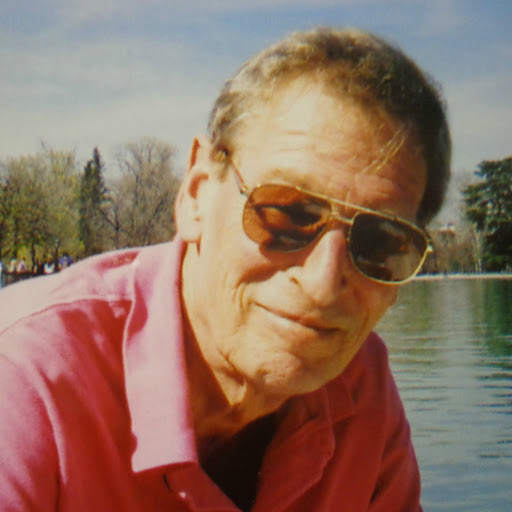
Jeffrey Skinner
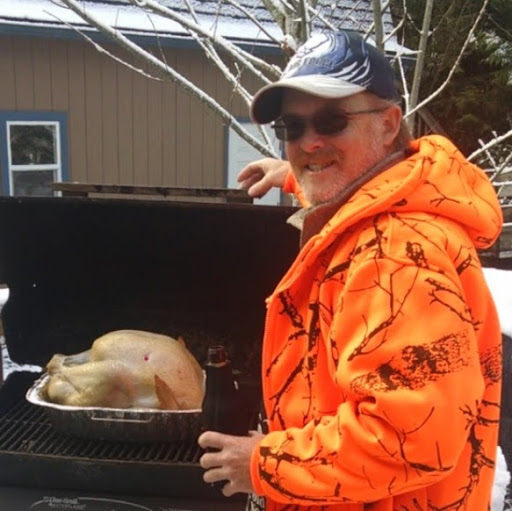
Jeffrey Skinner
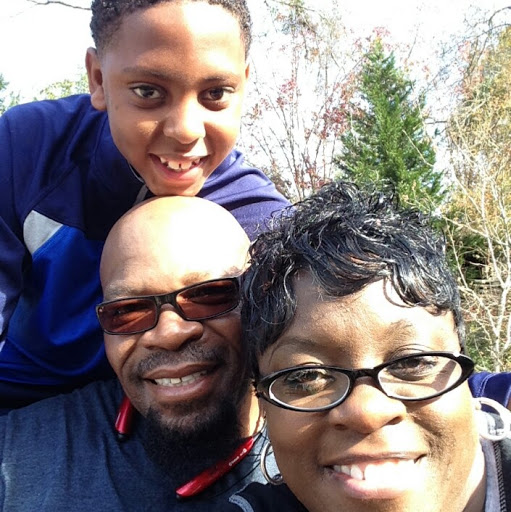
Jeffrey Skinner
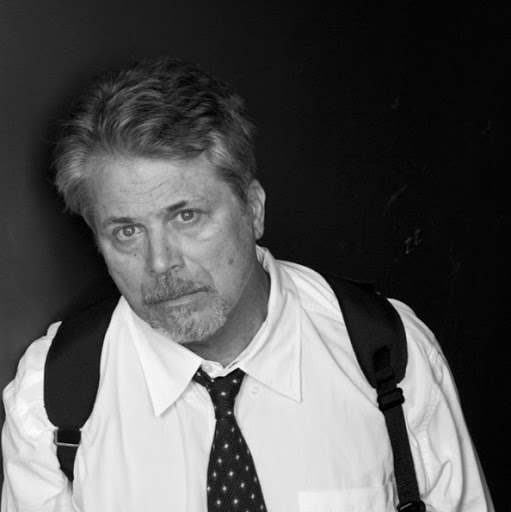
Jeffrey Skinner
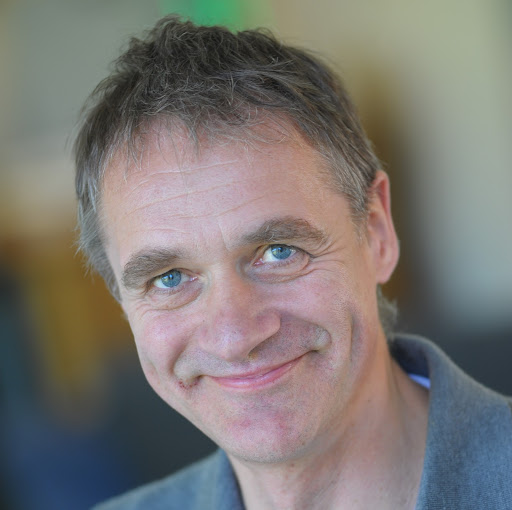
Jeffrey Skinner
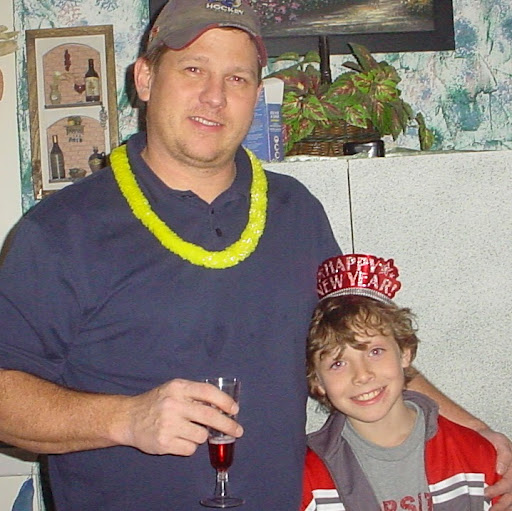
Jeffrey Skinner

Jeffrey Skinner
Classmates

Jeffrey Skinner
view sourceSchools:
Elsinore High School Lake Elsinore CA 1980-1984
Community:
Sheila Randall

Jeffrey Skinner
view sourceSchools:
Shelbyville Central High School Shelbyville TN 2002-2006
Community:
Jason Triezenberg, Denise Lyons

Jeffrey Cooper (Skinner)
view sourceSchools:
Snow Creek Elementary School Penhook VA 1958-1964
Community:
Jerry Shelton, Debi Mills

Jeffrey Skinner
view sourceSchools:
Lewistown High School Lewistown PA 1972-1976
Community:
Ralph Zeigler

Jeffrey Skinner
view sourceSchools:
Osceola High School Osceola AR 2003-2007
Community:
Telitha Stracener, Richard Kelley

Jeffrey Skinner
view sourceSchools:
Wilbraham & Monson Academy Wilbraham MA 1968-1972
Community:
Bob Jenkins, Vaughan Mason, Suzanne Schneider

Jeffrey Skinner, Raton Hi...
view source
Jeffrey Skinner | Lake Ha...
view source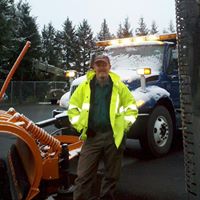
Jeffrey Skinner
view source
Jeffrey Skinner
view source
Doug Jeffrey Skinner
view source
Jeffrey Choc Skinner
view source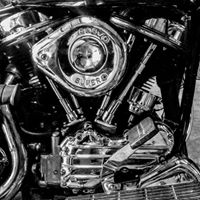
Jeffrey M Skinner
view source
Jeffrey Skinner
view source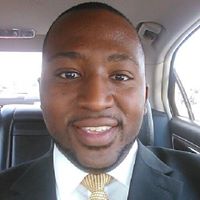
Jeffrey Skinner
view source
Jeffrey Skinner
view sourceFlickr
Youtube
News

Dildo named 'Big Blue,' homophobia were regular parts of this police department, suit claims
view source- The plaintiffs -- officers Jeffrey Skinner, Christopher Feighner, Richard Latargia, Thomas Norton and James Urban, and part-time dispatcher Amy Colineri -- say they were subjected to a hostile work environment and retaliation and are seeking compensatory and punitive damages, among other remedies.
- Date: May 17, 2018
- Category: U.S.
- Source: Google
Get Report for Jeffrey B Skinner from Portland, OR, age ~83













